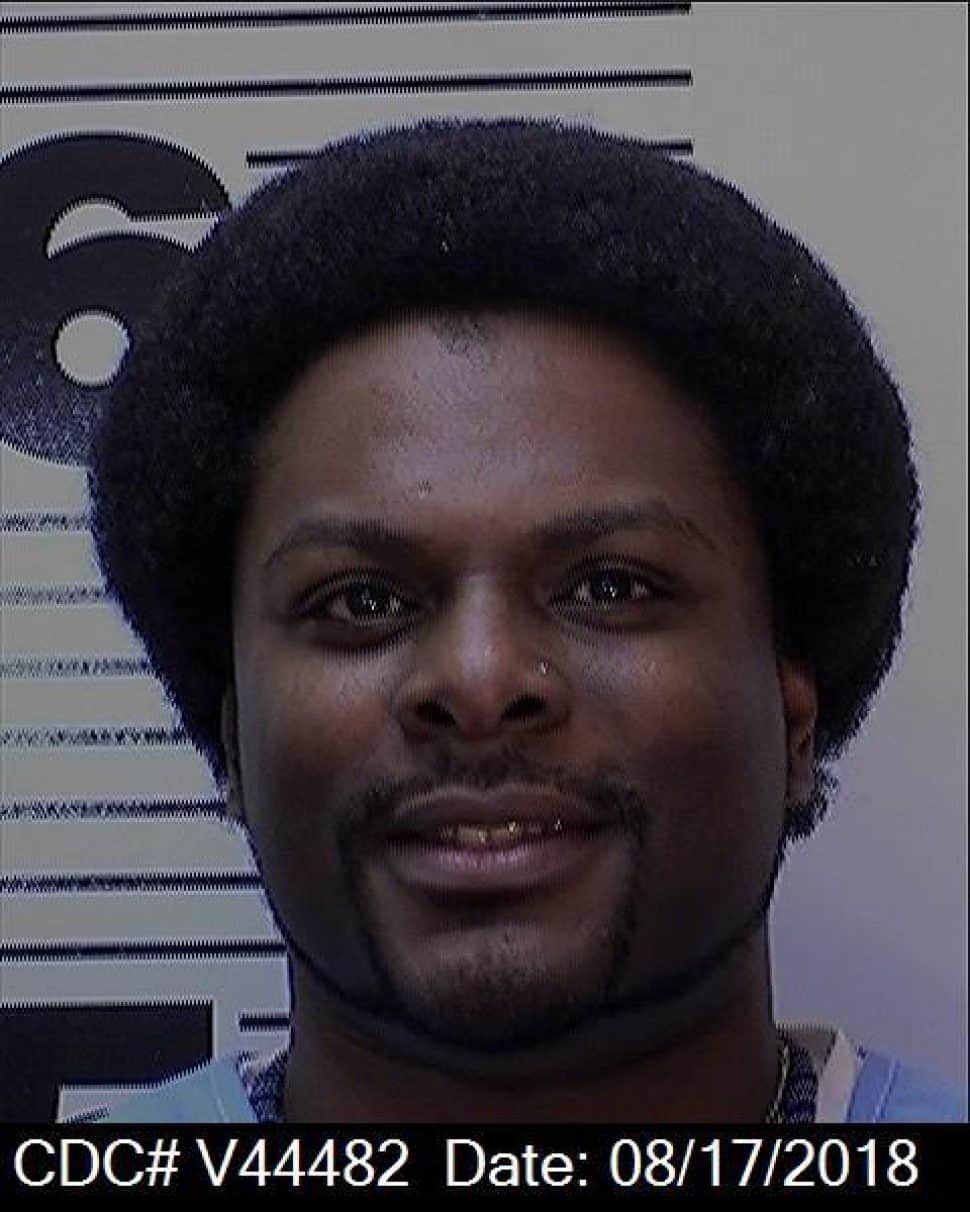In a 4-3 decision, the California Supreme Court today reversed the death sentence of one of three men on death row for the rape and beating death of a mother of three who was attacked while walking to a store in Long Beach.
The court affirmed the 2004 conviction of Jamelle Edward Armstrong for his involvement in the Dec. 29, 1998, sexual assault, robbery, torture and slaying of 43-year-old Penny Sigler, also known as Penny Keprta.
However, a majority of justices agreed that multiple prospective jurors were improperly excused from the trial panel, leading to the reversal of the death sentence.

In an opinion authored by Justice Carol Corrigan and joined by Chief Justice Tani Cantil-Sakauye and Justices Ming Chin and Leondra Kruger, the court ruled that the lower court erroneously excluded at least four jurors because they were judged—based on a hypothetical set of facts—to be unequally willing “to impose death on an aider and abettor as on an actual killer, rather than on whether they could follow the law and consider death as an option.”
The court also considered the question of racial bias in jury selection. Armstrong had asked the lower court for a mistrial because the jury chosen included no black men. His motion was denied. The high court found that there were other valid reasons, unrelated to race, to exclude the jurors who were not selected.
Writing for the dissenting minority, Justice Goodwin Liu argued that the case had “definite racial overtones” that “raise heightened concerns about whether the prosecutor’s challenge was racially motivated.” The victim was white and Armstrong is black.
“The record here contains a number of proffered explanations for the strike of a black juror that are implausible, misleading, contradicted by the record, or difficult to credit in light of the prosecutor’s disparate treatment of similarly situated jurors,” Lui wrote in a dissent joined by Justice Mariano-Florentino Cuellar and Dennis Perluss. “The trial court should have pressed the prosecutor on these points, but it did not.”
Prosecutors can retry the penalty phase in Armstrong’s case if they want to again seek the death penalty instead of life in prison without parole.
He was tried and convicted separately from his older half-brother, Warren Justin Hardy, and defendant Kevin Pearson, who remain on death row.
Sigler was walking to a store for groceries at about 11 p.m. when she was attacked under an overpass for the 405 Freeway in Long Beach.
The three men had been drinking when they ran into Sigler, a stranger to them. Hardy offered her money for oral sex and Sigler said no, pushed past the men and slapped Armstrong, according to trial evidence.
When Sigler turned from a distance and yelled racial slurs at the men, Pearson ran over and punched her. After robbing her of her food stamps and raping her, Pearson kicked and stomped on her. Armstrong also kicked her several times, according to prosecutors, and then Pearson and Hardy hoisted her body over a fence head first into a concrete ditch.
Pearson then used a three-foot wooden stake to beat Sigler, swinging it two-handed like a baseball bat 10-15 times, and then he and Hardy used the stake to rape her once more, according to court documents.
Sigler suffered 114 injuries, including at least 10 skull fractures that appeared to have been inflicted before her death, according to a California Supreme Court majority’s opinion in Hardy’s case.
Sigler’s body was found by Caltrans workers—one of whom thought the body was a mannequin—on a freeway embankment on the northbound 405 Freeway near Wardlow Road and Long Beach Boulevard.
At his trial, Armstrong was the sole defense witness and sought to minimize his involvement.
He said he held Sigler down because Pearson demanded he do so and testified he told the men they should leave when Pearson began beating her again after the rape. He insisted he never kicked Sigler himself and called the attack scandalous and animal-like.
In a 6-1 ruling in May, the state’s highest court upheld Hardy’s conviction and death sentence.
Liu also dissented then, writing that he felt that judgment in that case should be reversed because the reasons for striking jurors were “weak” or “not … very convincing,” leading him to conclude that the selection process may have been tainted by discrimination.
In a 2012 ruling that cited the trial court’s “improper excusal of a prospective juror because of her views on capital punishment,” the California Supreme Court unanimously threw out Pearson’s first death sentence. The second jury to hear the penalty phase against Pearson recommended in April 2013 that he be sentenced to death, and he was formally sentenced again to death about two months later.
An automatic appeal is still pending for Pearson.

